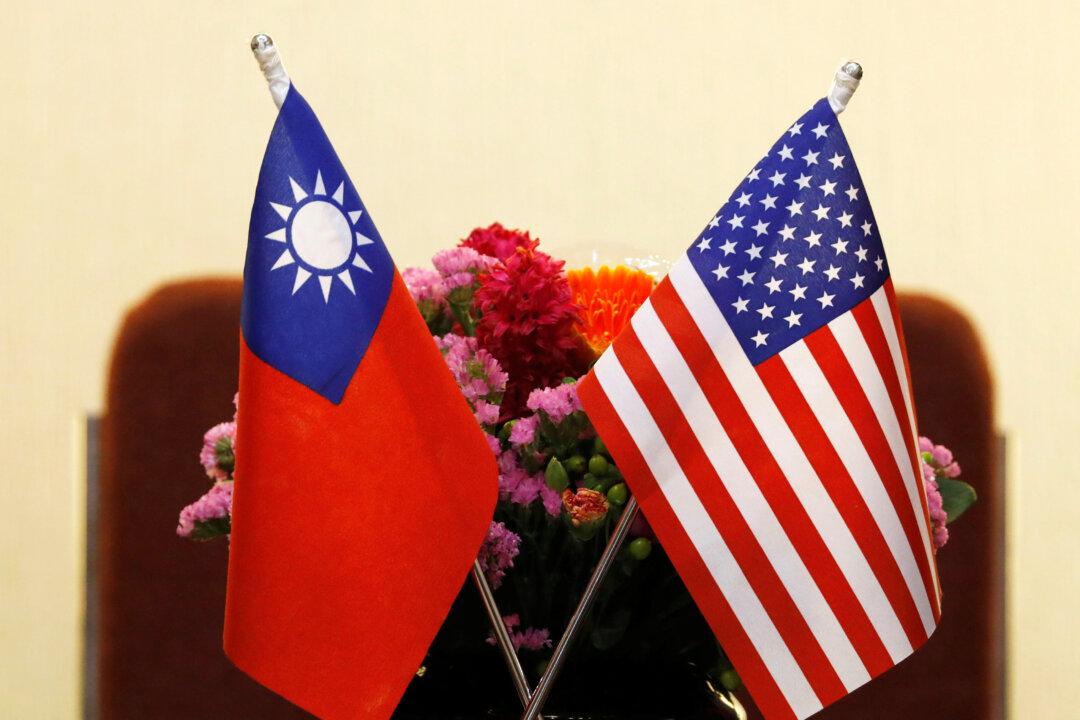On Oct. 6, the Council of Taiwan’s Legislative Yuan passed two resolutions proposed by the Kuomintang (KMT) party, calling for U.S. military aid and the resumption of diplomatic relations between the United States and Taiwan in order to counter the Chinese regime’s aggression.
During a meeting on the budget for the “Forward-looking Infrastructure Design Phase 3” in the Legislative Yuan on Oct. 6, the KMT proposed two resolutions. The first urged the government to “request the U.S. to help resist the CCP,” while the second called for the “resumption of diplomatic relations between Taiwan and the U.S.,” Taiwan’s Central News Agency (CNA) reported. Taiwan’s Executive Yuan President Su Zhenchang and the heads of relevant ministries and committees attended the meeting as non-voting delegates.




